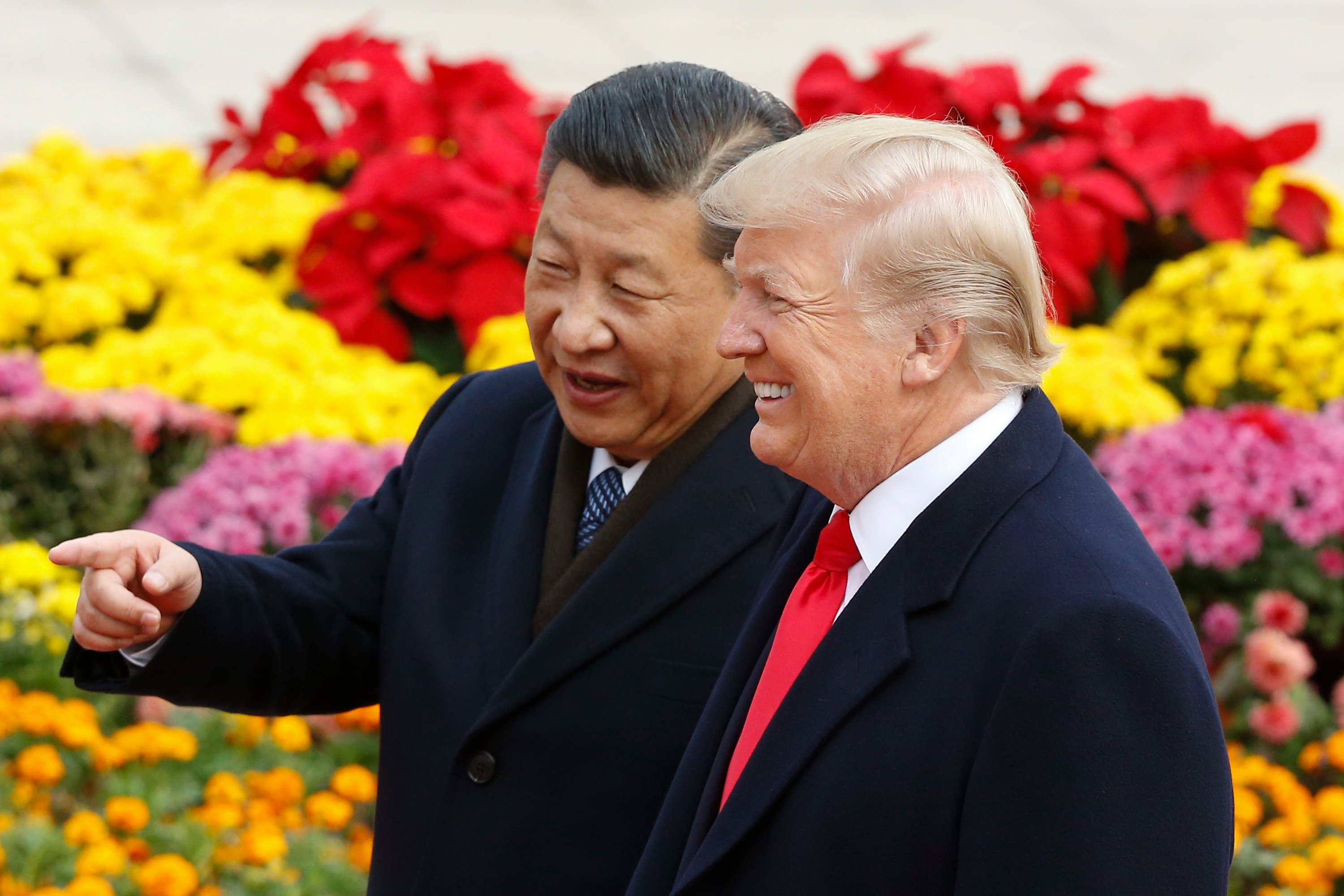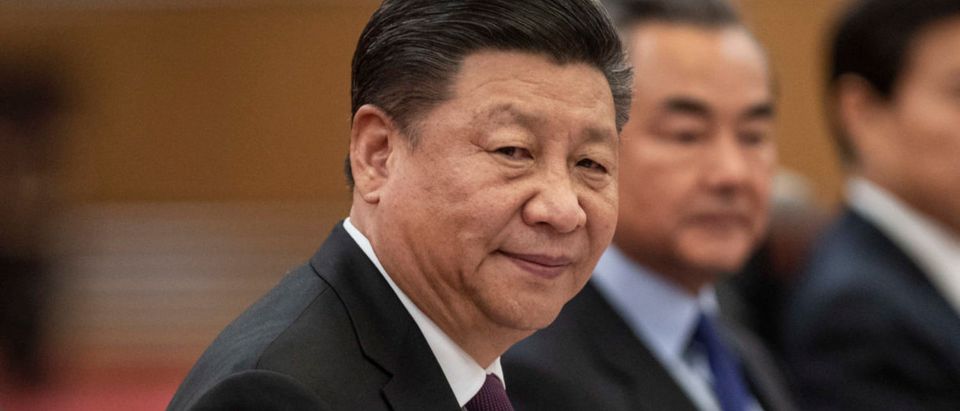China’s economic downturn is forcing the typically-abrasive nation to tread lightly as it continues trade negotiations with the Trump administration.
The arrest of Meng Wanzhou — an executive at a major Chinese tech company and daughter of one of the most respected businessmen in the country — earlier in December brought the prospect of a new low between U.S.-China relations. U.S. authorities had requested the Canadian government to detain Wanzhou on accusations that she misled financial institutions and caused them to violate Iran sanctions. The arrest put a recent trade truce between the two countries in jeopardy.
However, no such deterioration in negotiations has yet to take place.
While Chinese officials have issued statements condemning the arrest, they have also taken a measured approach by framing the situation as a law enforcement issue. At the same time, trade talks have continue unabated.
“The Chinese government really wants to negotiate a deal with the United States to calm down the conflict, not only because of economic difficulties right now in China but also for the sake of long-term relations with the United States,” Tu Xinquan, the executive dean of the China Institute for World Trade Organization Studies, stated to the New York Times.
China’s economy is in dire need of a boost. Government data released in October revealed the country’s economic growth rate had slowed to its lowest pace since 2009, a time when the entire world was reeling from the global financial crisis. President Donald Trump’s tariffs on Chinese goods has made their situation worse, negatively affecting the country’s export industries.

BEIJING, CHINA – NOVEMBER 9: Chinese President Xi Jinping and U.S. President Donald Trump attend a welcoming ceremony November 9, 2017 in Beijing, China. Trump is on a 10-day trip to Asia. (Photo by Thomas Peter-Pool/Getty Images)
The situation has forced Chinese President Xi Jinping to keep pushing for a permanent trade deal. Trump and Xi reached a major breakthrough earlier in December at the G-20 summit in Buenos Aires, with Trump successfully extracting a number of concessions from Xi in exchange for not increasing tariffs on Chinese goods. Xi agreed to immediately buy more U.S. agricultural products and more industrial, energy products. The Chinese leader also pledged to a number of property theft and cybersecurity concessions, although specific details have yet to be hashed out. (RELATED: Chinese CFO Charged With Fraud Out On $10,000,000 Bail)
Despite the U.S. still maintaining tariffs on $250 billion worth of Chinese imports, Xi has already gone ahead and followed through on some of the pledges he made in Buenos Aires. The Chinese government has, for example, lifted import barriers on U.S. cars, food and energy.
It’s not immediately known where the talks will lead, but Xi is doing a lot to get the U.S. tariffs dropped.
Follow Jason on Twitter.
All content created by the Daily Caller News Foundation, an independent and nonpartisan newswire service, is available without charge to any legitimate news publisher that can provide a large audience. All republished articles must include our logo, our reporter’s byline and their DCNF affiliation. For any questions about our guidelines or partnering with us, please contact licensing@dailycallernewsfoundation.org.












